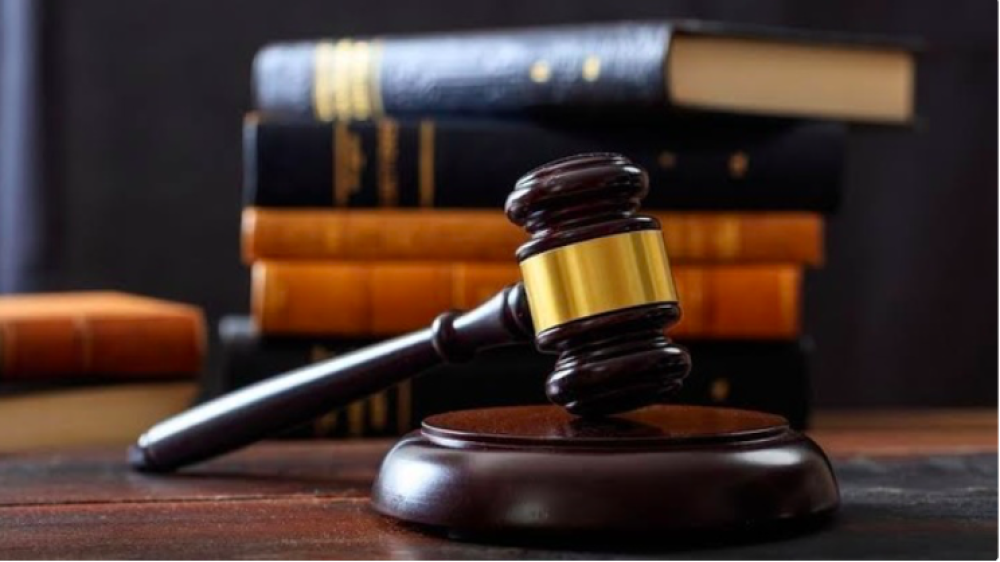A "Civil Revision" refers to a legal process through which a party to a civil case can seek the review and correction of a decision made by a lower court. It is a remedy available under civil procedure laws to address errors, irregularities, or injustices in the judgments or orders of subordinate courts. Here's an overview of what a civil revision entails:
Purpose of Civil Revision:
Review of Lower Court Decisions
- The primary purpose of a civil revision is to allow a higher court to review the decisions made by lower courts in civil cases.
- It provides an opportunity to correct errors of law, fact, or procedure that may have occurred during the proceedings.
Ensuring Justice
- Civil revision is aimed at ensuring justice by rectifying any miscarriage of justice or unfairness resulting from incorrect lower court judgments or orders.
Grounds for Filing Civil Revision:
Error of Law
- A party may file a civil revision if they believe that the lower court made an error in interpreting or applying the law.
- This includes misinterpretation of legal provisions, incorrect application of legal principles, or failure to consider relevant laws.
Error of Fact
- If there is a clear error in the lower court's findings of fact, a civil revision may be filed.
- This includes situations where the lower court has ignored or misinterpreted evidence, leading to an incorrect factual conclusion.
Violation of Procedure
- Civil revision can be sought if there has been a procedural irregularity in the lower court proceedings.
- This may include failure to follow prescribed legal procedures, denial of natural justice, or violation of principles of fair hearing.
Excess of Jurisdiction
- If the lower court has acted beyond its legal authority or jurisdiction, a civil revision can be filed to challenge such actions.
New Evidence
- In some cases, a civil revision may be filed based on newly discovered evidence that was not available during the lower court proceedings.
Procedure for Filing Civil Revision:
Time Limit
- Civil revision petitions must generally be filed within a specified time limit, which varies depending on the jurisdiction and the nature of the case.
- It is important to adhere to the prescribed time limit, as delays may lead to the petition being dismissed.
Drafting the Petition
- The party seeking civil revision must prepare a petition outlining the grounds on which the revision is sought.
- The petition should clearly state the facts of the case, the errors in the lower court judgment, and the relief sought.
Filing in the Appropriate Court
- The civil revision petition is filed in the appropriate higher court, which may be a District Court, High Court, or any other designated court depending on the jurisdictional hierarchy.
Notice to Opposing Party
- The opposing party is served with a copy of the civil revision petition, and they have the opportunity to respond to the allegations and arguments raised.
Arguments and Hearing
- The court will schedule a hearing where both parties present their arguments.
- The court may ask for clarifications, examine the evidence, and hear legal submissions from both sides.
Decision
- After considering the arguments and evidence, the court will make a decision on the civil revision petition.
- The court may uphold the lower court's decision, modify it, set it aside, or order a re-hearing of the case.
Outcome of Civil Revision:
Allowance of Revision
- If the court finds merit in the civil revision petition, it may allow the revision and make corrections to the lower court's judgment or order.
Dismissal of Revision
- If the court does not find sufficient grounds for the civil revision, it may dismiss the petition, upholding the lower court's decision.
Remand for Reconsideration
- In some cases, the court may remand the case back to the lower court for fresh consideration, with specific instructions or guidelines.
Grant of Relief
- Depending on the nature of the case and the relief sought, the court may order specific remedies such as setting aside a decree, directing a retrial, modifying the judgment, or any other appropriate relief.
Importance of Legal Representation:
Filing a civil revision petition involves complex legal procedures and arguments. It is crucial to seek the assistance of an experienced civil lawyer who can guide you through the process, prepare a strong petition, present arguments effectively in court, and protect your interests.
In conclusion, civil revision is an important legal remedy available to parties dissatisfied with the decisions of lower courts in civil cases. It allows for a review of judgments or orders to ensure that justice is served and legal errors are corrected. If you believe that a lower court has made a mistake in its decision, a civil revision petition may be the appropriate course of action to seek redress.
